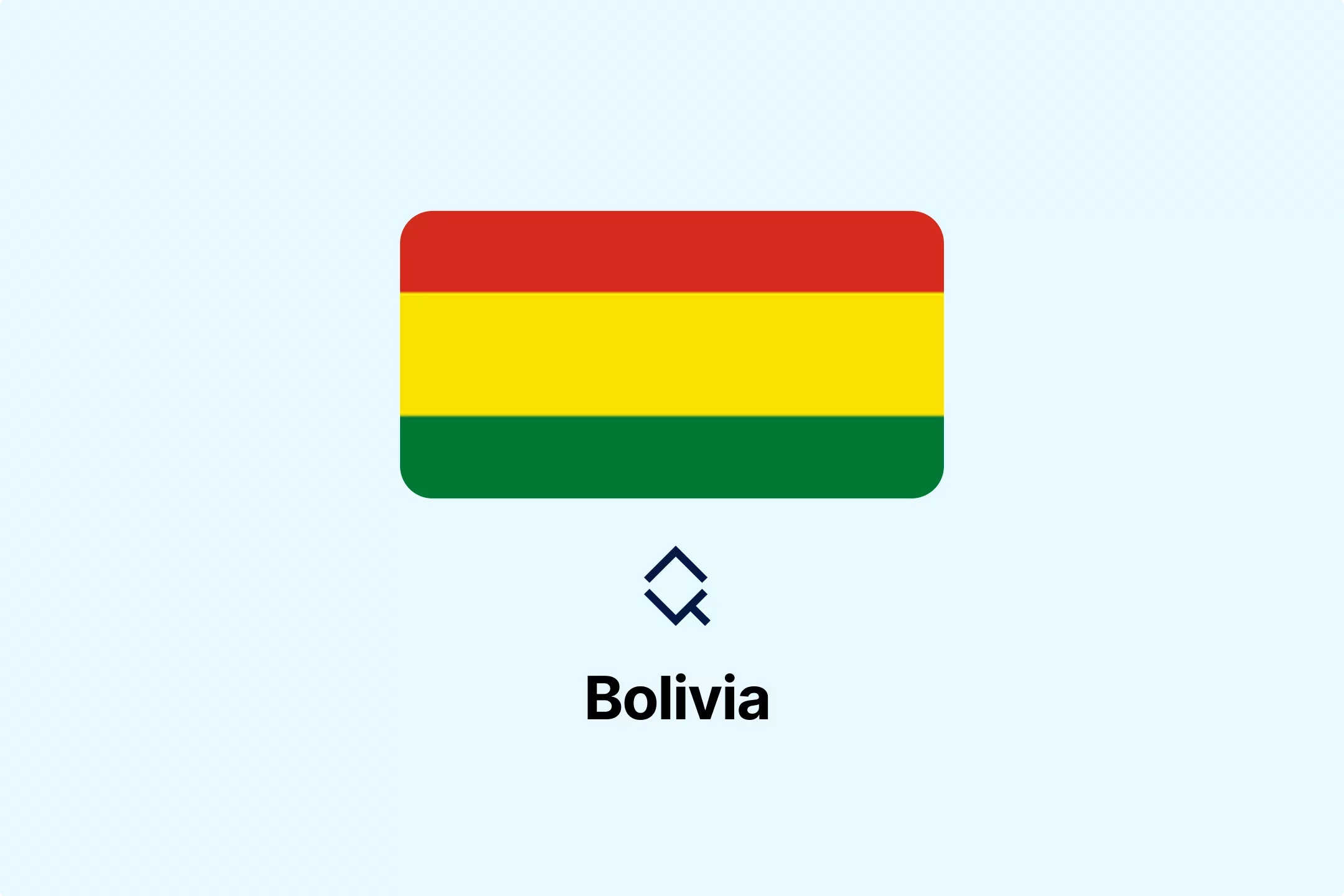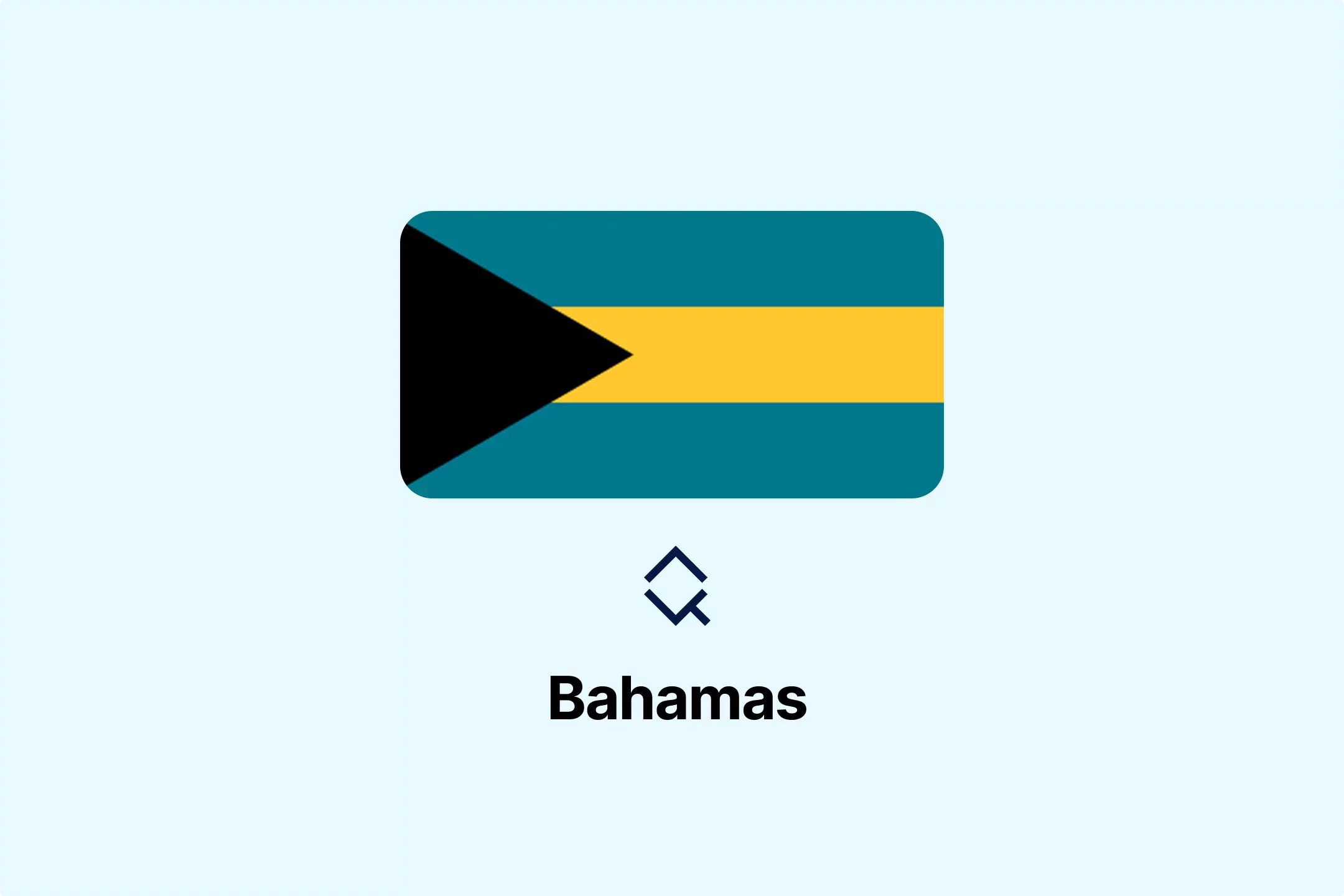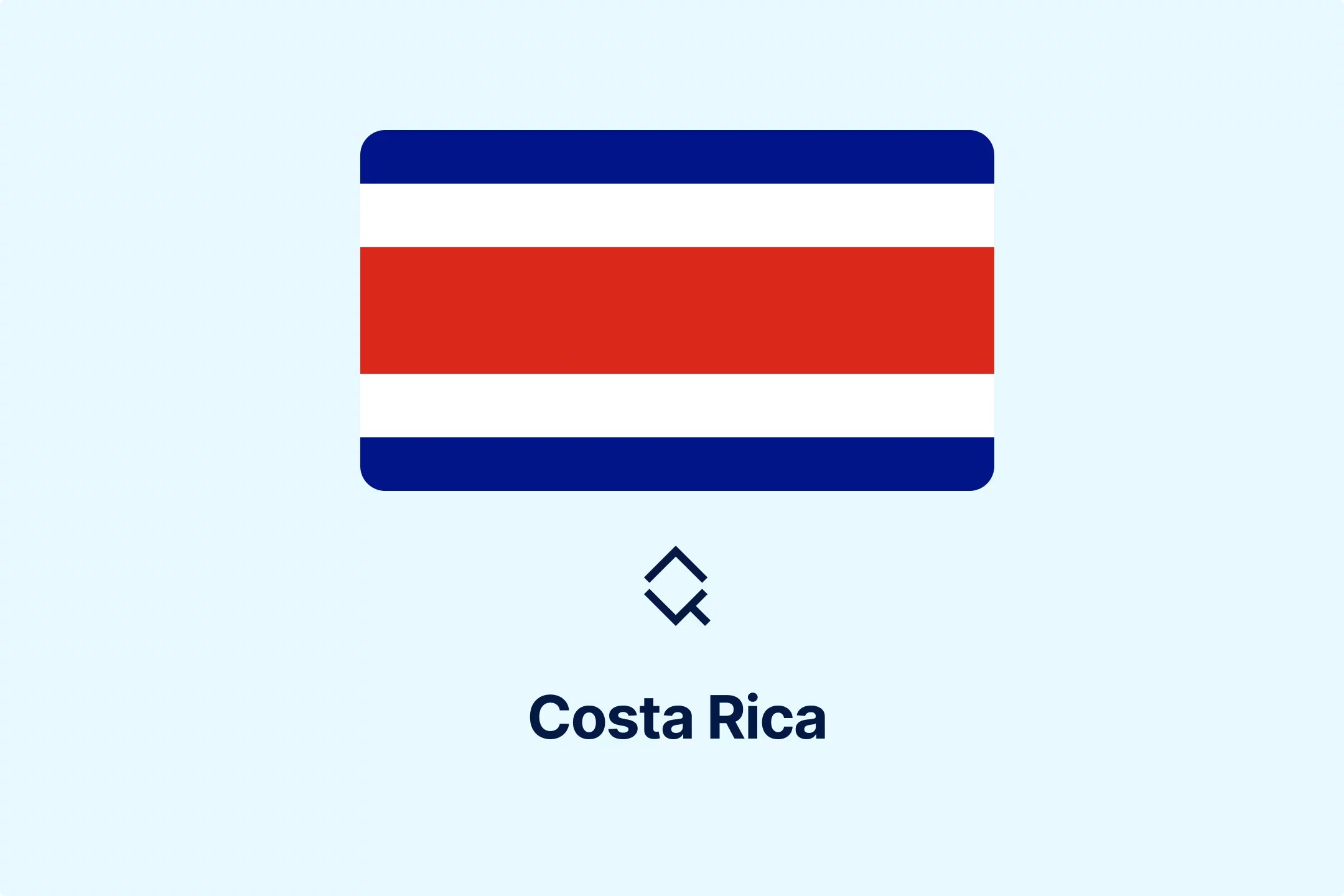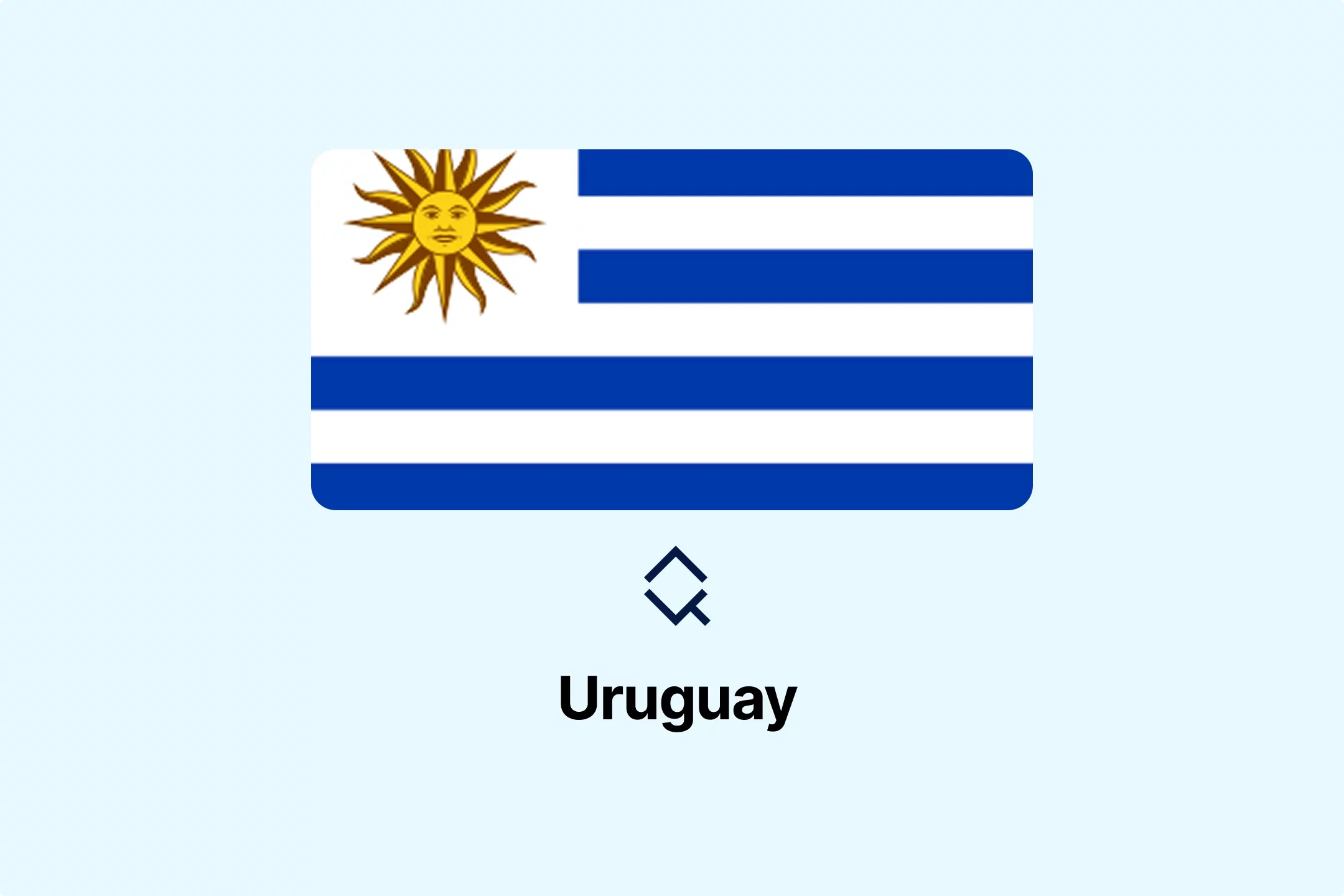Brazilian Electronic Invoice - Its importance and its future after tax reform

Brazil adopted the electronic invoice in 2005, which was fundamental to modernizing the tax system, avoiding fraud, and facilitating commercial transactions between companies. This system covers different types of transactions and tax obligations.
Understanding the Electronic Invoice (NF-e)
The Electronic Invoice (NF-e) is a digital document issued and stored electronically, recording sales transactions of goods and services between companies. Brazil's NF-e system is one of the most advanced and effective in the world, encompassing various ancillary obligations.
Requirements and Importance of NF-e
To issue an NF-e, companies must use issuing software authorized by the Federal Revenue Service and digitally sign the document with a valid digital certificate. The NF-e contains a variety of information, and missing or incorrect details can result in the NF-e being denied, making it impossible for the company to conclude the transaction and potentially causing significant losses.
Key Types of E-Invoices in Brazil
Brazil's e-invoice system includes different types based on the nature of the transaction:
NF-e for B2B transactions
NFC-e for B2C transactions
NFS-e for services
The Necessity of Specialized Departments
Due to the complexity of Brazil's e-invoicing system, companies operating in the country need to maintain dedicated tax and engineering departments. These departments are essential for monitoring and correctly implementing ongoing changes to the system.
2024 Tax Reform: Impact on NFS-e Layouts
With the implementation of the tax reform, the Executive Secretariat of the NFS-e Management Committee published a technical note on August 1, 2024. This note details changes to the NFS-e layouts, accommodating new information related to the Contribution on Goods and Services (CBS), the Tax on the Circulation of Goods and Services (IBS), and the Selective Tax (IS). These changes are part of the government's effort to simplify and unify municipal, state, and federal electronic invoicing formats and ancillary obligations.
Preparing for the Future: NF-e Changes Under Tax Reform
The tax reform will bring substantial changes to electronic invoicing in Brazil. It is crucial for companies to closely monitor these changes, prepare for their impact, and plan accordingly to ensure compliance with the new legislation.

More News from Americas
Get real-time updates and developments from around the world, keeping you informed and prepared.

South Carolina Sales and Use Tax: Rates, Nexus, Exemptions

Arkansas Sales and Use Tax: Rules, Rates & Nexus Explained

Minnesota Sales and Use Tax Guide: Rates, Nexus & Exemptions

Peru VAT Rules for Non-Resident Digital Services: Filing & Compliance

Detroit to Accept Cryptocurrency Payments for Taxes in 2025

-e9lcpxl5nq.webp)




















-qoqtiao7l2.webp)

-pdupgqz2r8.webp)






-o0xyg5unvs.webp)







-sebuexzucq.webp)







-sug7vykj81.webp)







-gsvc6ack9u.webp)







-xsarn0aogt.webp)

-hcel6azmgf.webp)



-p6e3ovhdh3.webp)


-fbovkq9h8b.webp)
-pofe7ucwz3.webp)


-d3qhimei1d.webp)






-nilkffjhah.webp)












-xbhr0m4jsb.webp)


-ae6fi6cjox.webp)
















-b0fpsws1w1.webp)






















-x78wuofpzj.webp)



















-b44f1vjl1i.webp)



-priw8nq5xc.webp)
-8bkw2pujxu.webp)


.png)
.png)




.png)













































